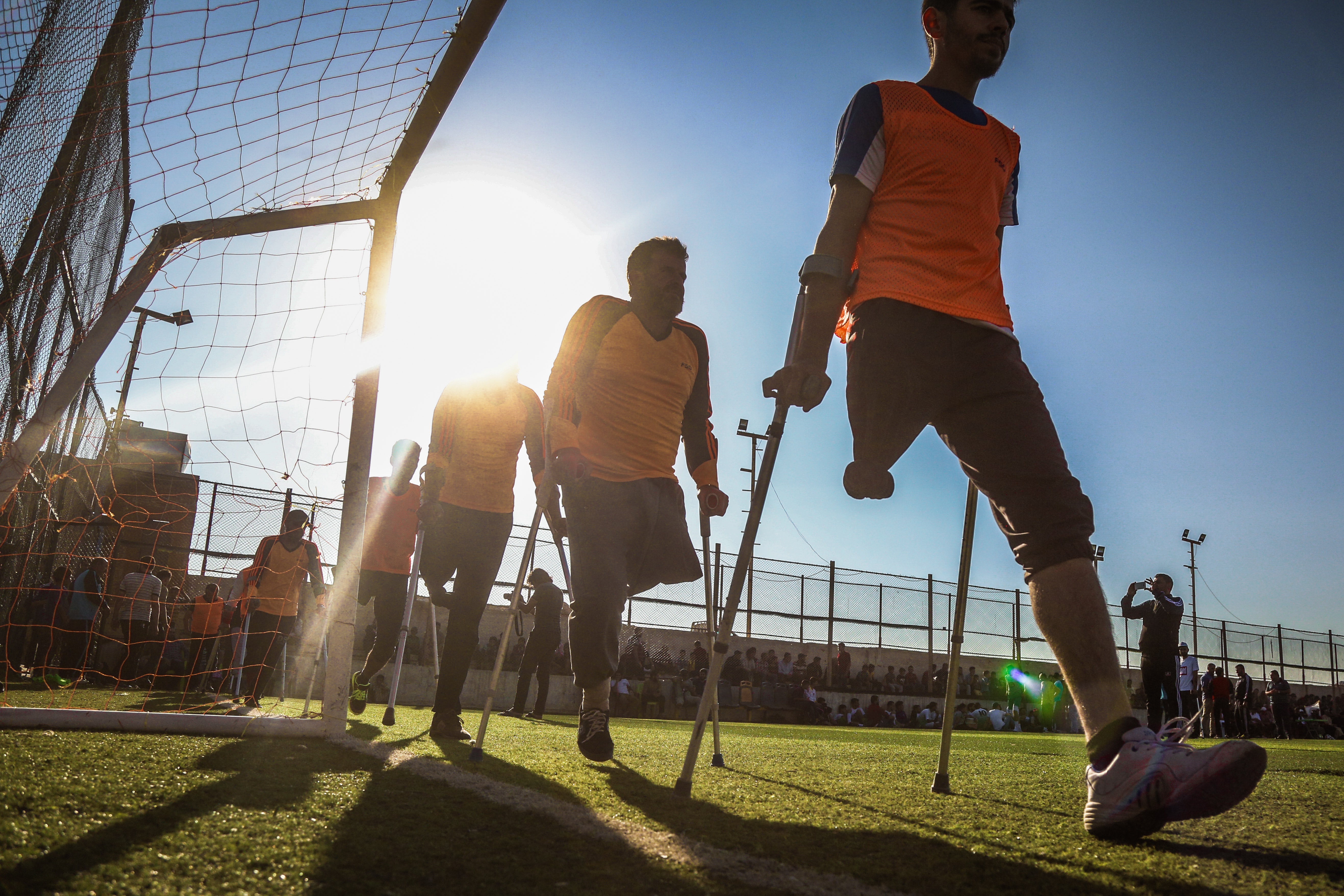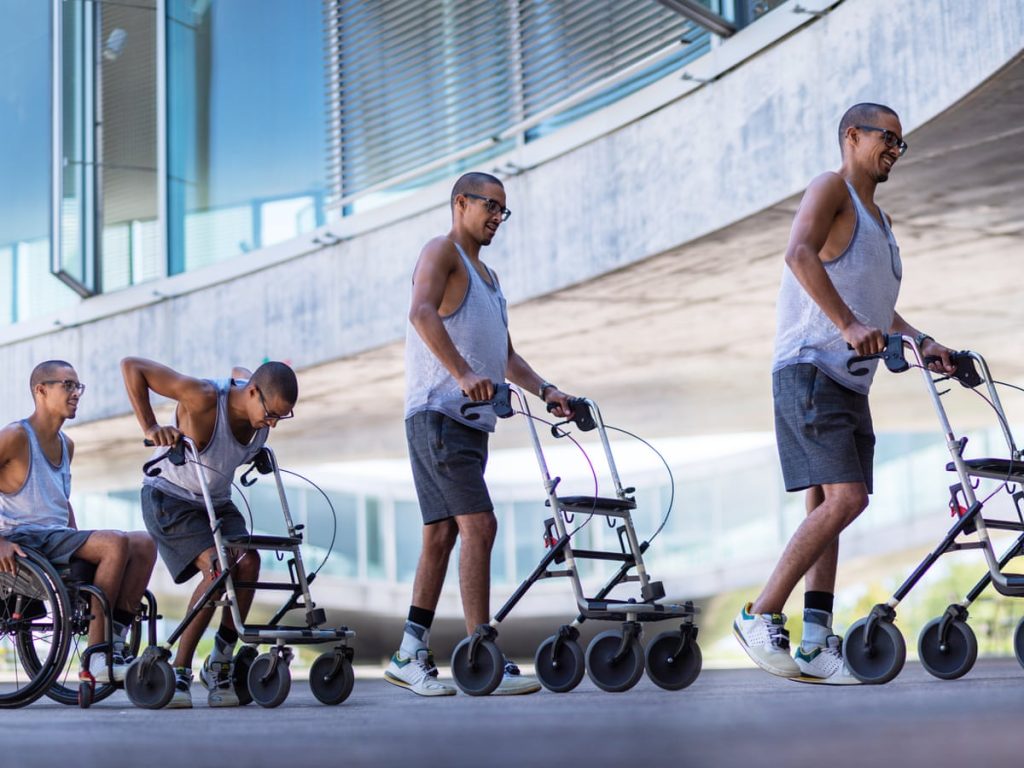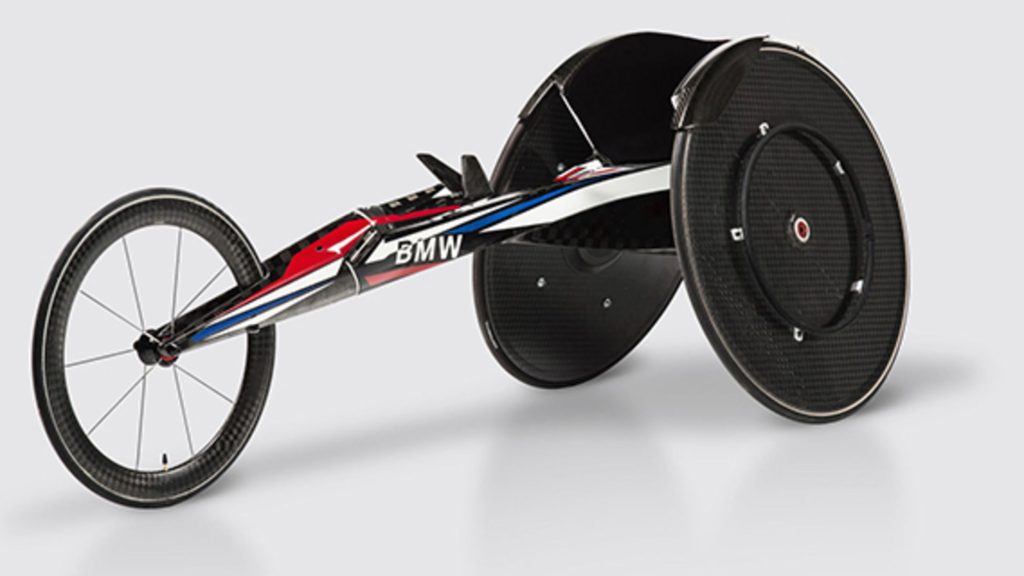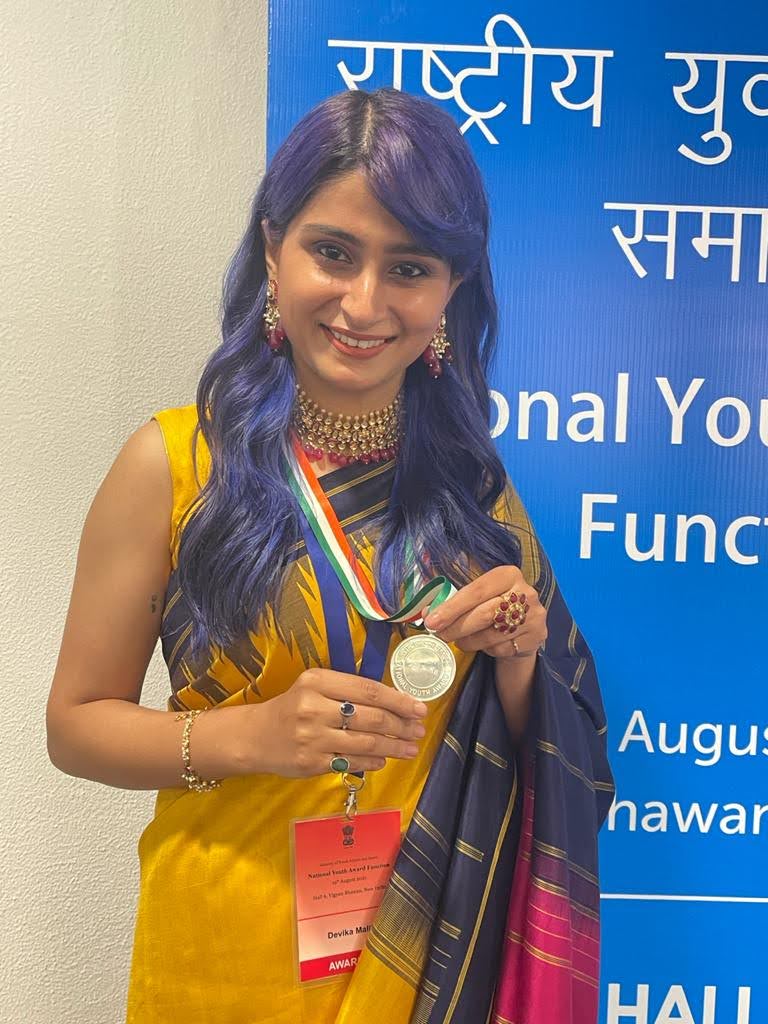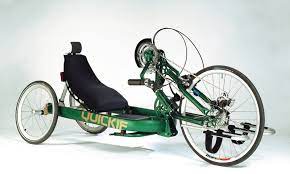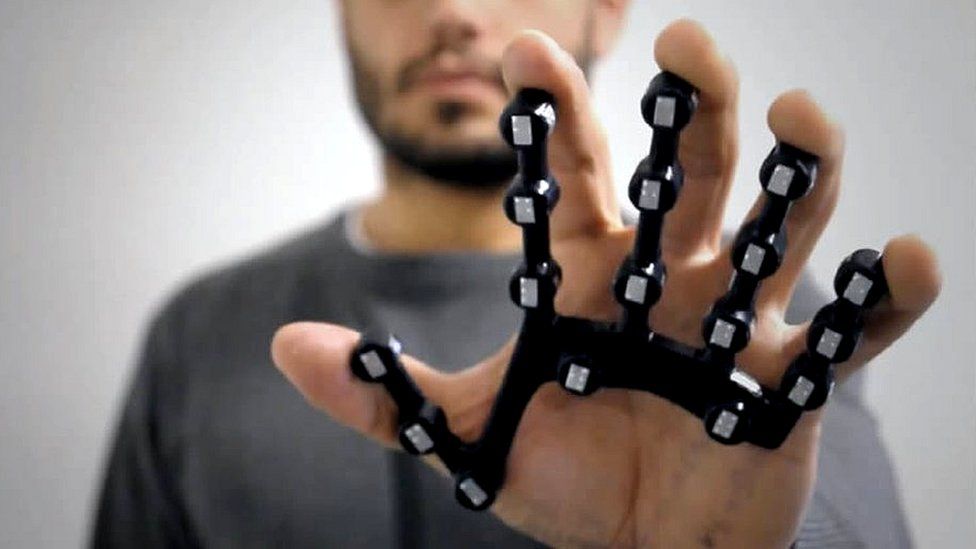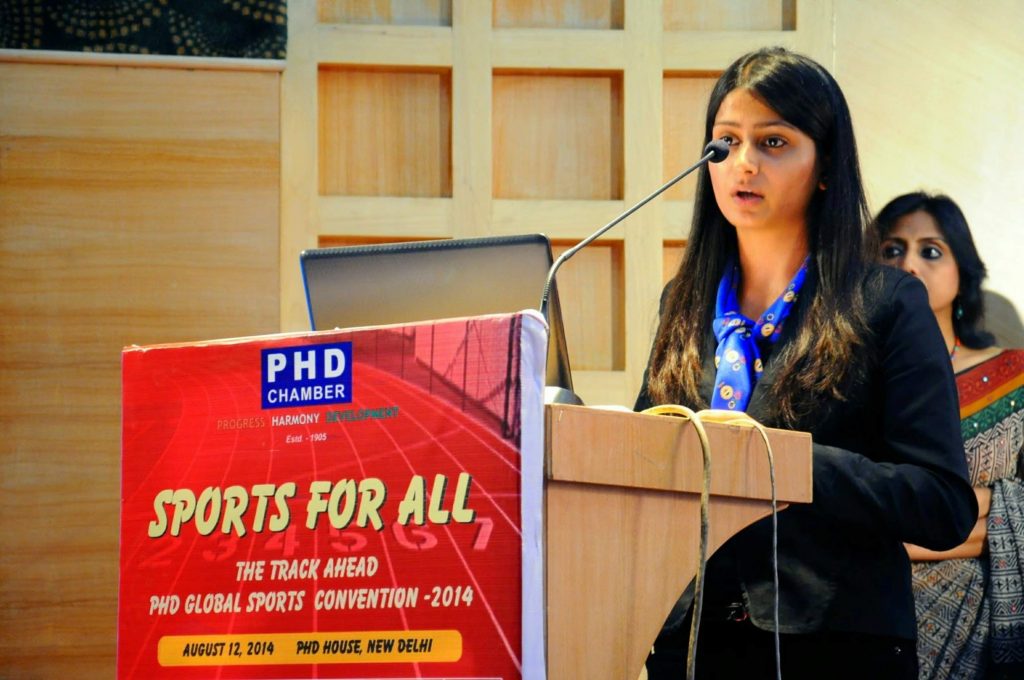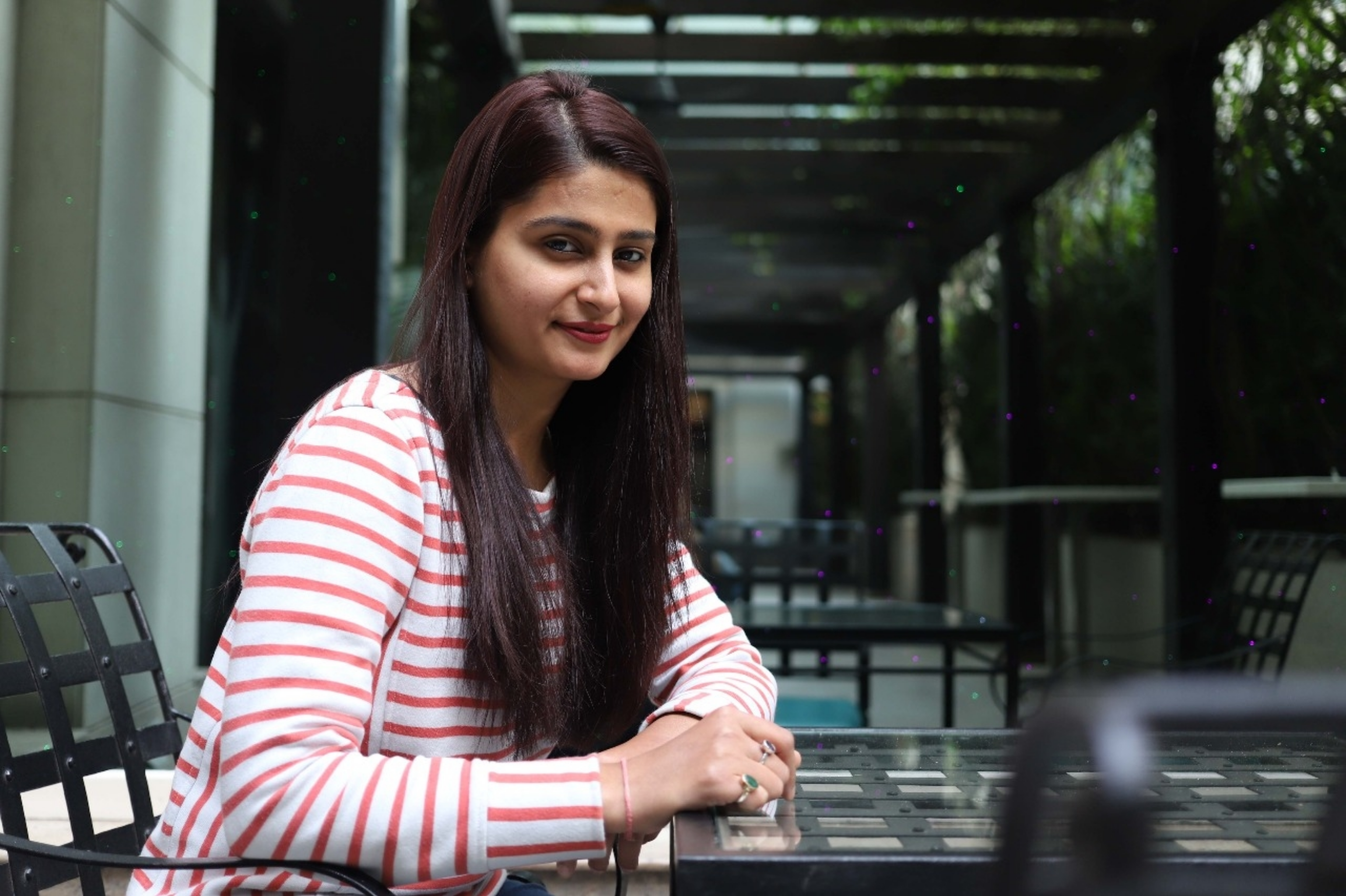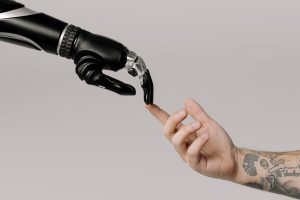With the pandemic looming large over the last two years, the sheer joy and relief that the Tokyo Paralympics brought to the world and to India has been palpable. This was reflected well in the Games motto for this year, ”Stronger Together and United by Emotion”. Sport unites us, brings us together in the grand celebration of the human spirit of resilience, excellence, persistence, courage and ability.
This becomes even more apparent in disability sport, as we have just seen in the historic performance by Team India at the Tokyo Paralympics. Engagement in sport transforms society’s perception towards people with disabilities and draws focus to their skills and capabilities, challenging the falsely held notions towards people with disabilities as liabilities.
With equitable opportunities, people with disabilities have consistently proven to be productive members of society. It is clear that the gap lies not in our will and capability, but in the opportunity and accessibility of mindset and built environment. As a disabled young woman, athlete and founder of Wheeling Happiness Foundation, a non-profit focused on empowering people with disabilities, I have seen the forward leaps in the lives of young people with disabilities when we make opportunities and mobility aides available to them in their desired fields; be it advocacy, fashion, education or sports.
Sports and assistive technology have a symbiotic positive relationship. Assistive technology can be simple and low-tech like an active wheelchair or basketballs and goal ball with jingles inside to enable visually impaired players. It could also be more complex technology around sport-specific designed wheelchairs, prosthetic advancements, and so on. Advancements in assistive technology continue as disability sports grows as a competitive discipline. Today, the Paralympic Games are the world’s third largest sporting event after the Olympics and FIFA. With these advancements, physical activity for people with disabilities is no longer limited to being viewed only as a rehabilitative or therapeutic tool. It is a world class competitive activity.
Since the Rio Paralympic Games in 2016, Indians have begun to recognise para-sports more than ever before. The last five years of sustained attention has brought us grand, historic results from Tokyo! The role of proper and well-researched use of top-quality assistive technology is apparent for all to see in the stellar results of Team India’s performance. World Record making Gold Medalist Sumit uses 3 different types of prosthetic legs across daily life, practice and competition; Bhavinaben used a Table Tennis robot to train for a myriad of strokes and became the first Indian to win a Table Tennis medal at the Games; the wonder-girl double-medalist Avani Lekhara availed computer-aided precision training at home while the pandemic had shut down shooting ranges.
These are only a very few examples of how assistive technology has enabled sports to grow, coupled with the right knowledge and training of experts and coaches as well as the sheer grit and determination of the athletes. Beyond running blades and prosthetics, we also see implements like racing wheelchairs; specifically designed basketball and badminton wheelchairs; specified ‘throw frames’ used by athletes to perform seated throws; adapted release braces in archery that allow archers to shoot with their feet, and so many more. There is in fact a unique game in the Paralympics called the Club Throw for athletes with severe spinal cord injuries resulting in impairment in lower and upper limbs including very limited use of digits (fingers). The Club is a light weight wooden object along with the use of glue to enable athletes to grip the Club before the throw. It may be considered parallel to the hammer throw in the Olympics.
According to the International Paralympic Committee, ‘assistive tech is any tech that gives people with disabilities more independence. Assistive tech can improve access to any part of life where disabled people face barriers, from eating to travel, sport to work.’
Assistive technology in sport, as in life, gives people with disabilities a level playing field, allows for the spotlight to shine on our capabilities, and gives us mobility and freedom. Here is hoping and believing that the day is not far when, whether it is the field of play, recreation, sport or daily life; it is a fundamental right accessible by all to keep up with the advances in assistive technology and embracing all that it offers.
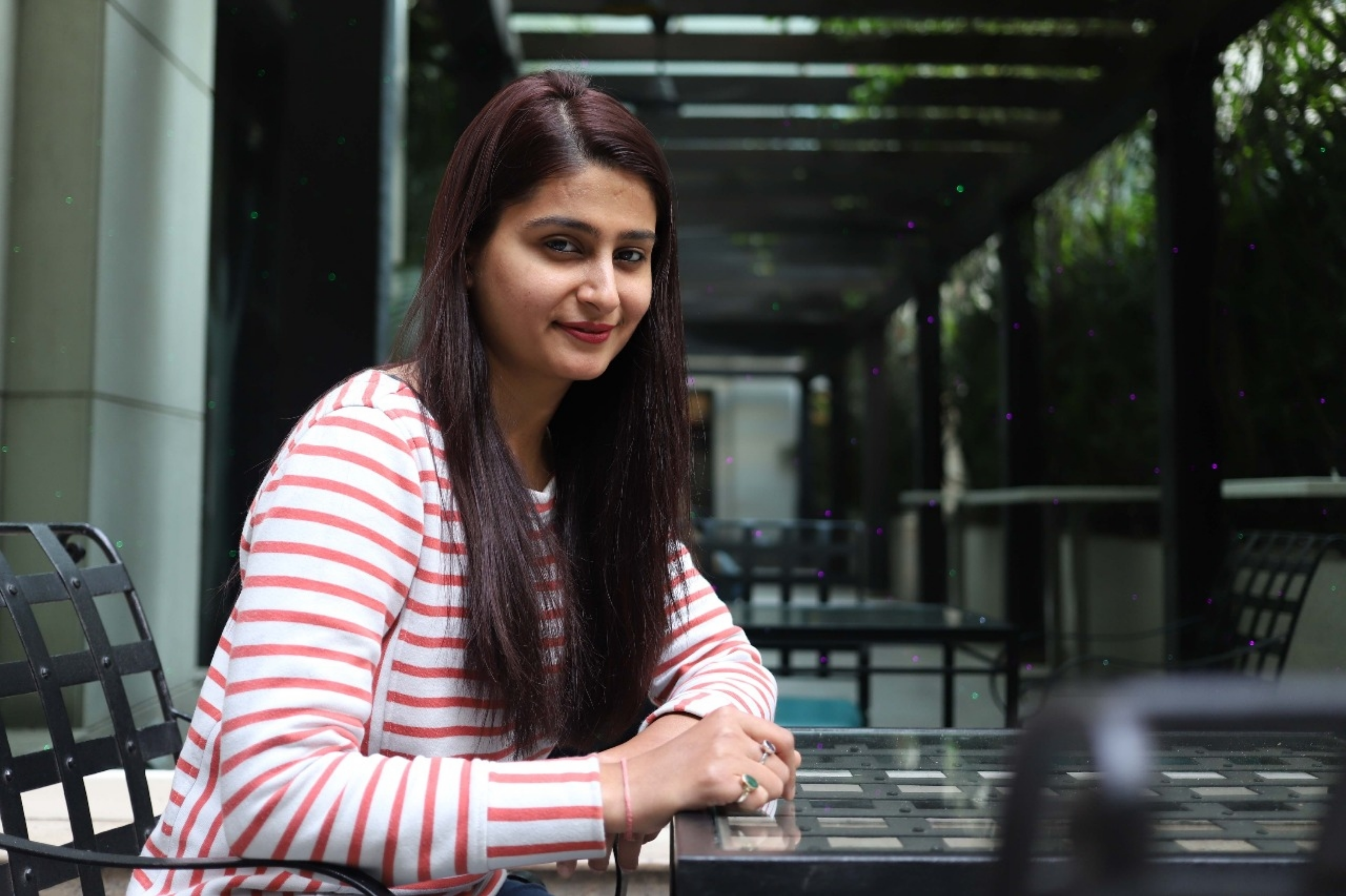
Devika Malik is the Co-Founder of Wheeling Happiness Foundation
(The author is a Forbes 30 under 30 honouree & National Youth Award winner.)
